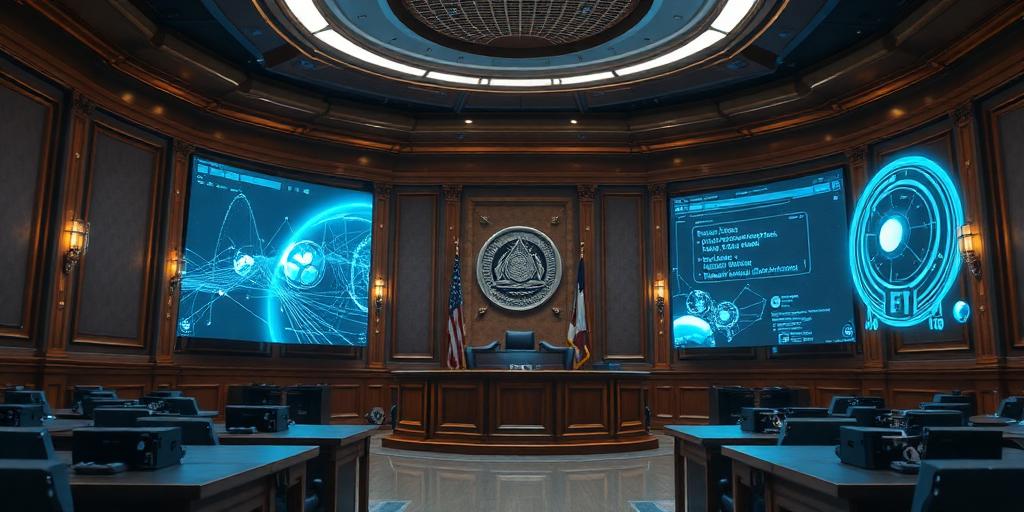Copyright and IP in the Age of AI Entertainment (2025)
Artificial Intelligence (AI) is rapidly transforming the entertainment industry, presenting both exciting opportunities and complex challenges, particularly in the realm of copyright and intellectual property (IP). As we move into 2025, it’s crucial to understand the current legal landscape and how it applies to AI-generated content.
The Rise of AI Entertainment
AI is no longer just a futuristic concept; it’s a present-day reality in entertainment. We’re seeing AI being used to:
- Compose music
- Write scripts and screenplays
- Generate visual art and graphics
- Create deepfakes for film and television
- Personalize user experiences in streaming services
This proliferation of AI-generated content raises critical questions about who owns the copyright and how IP rights are protected.
Current Copyright Law and AI
Most copyright laws around the world, including those in the United States and the European Union, are based on the principle of human authorship. Copyright protection is typically granted to original works of authorship fixed in a tangible medium of expression.
However, when AI is involved, the issue becomes murky. Can an AI be considered an author? Current legal thinking generally says no. Copyright law usually requires human intervention and creativity for a work to be copyrightable. This means that if an AI generates a piece of content entirely on its own, without significant human input, it may not be eligible for copyright protection.
Key Legal Challenges
Several key legal challenges arise in the context of AI and copyright:
- Authorship Determination: Determining the extent of human involvement necessary for a work to be considered copyrightable when AI is used as a tool.
- Infringement Issues: Addressing situations where AI-generated content infringes on existing copyrighted works. This is particularly complex when AI is trained on vast datasets of copyrighted material.
- Fair Use and AI Training: Clarifying whether the use of copyrighted material for AI training falls under fair use or constitutes infringement.
- Ownership of AI-Generated Works: Establishing clear guidelines for who owns the copyright to works created with the assistance of AI, especially when multiple parties are involved (e.g., the AI developer, the user, and the owner of the training data).
Potential Legal Frameworks
As AI technology continues to evolve, legal frameworks will need to adapt to address these challenges. Some potential approaches include:
- Expanding the Definition of Authorship: Broadening the definition of authorship to include significant contributions made by AI, while still requiring some level of human involvement.
- Establishing New Categories of Rights: Creating a new category of IP rights specifically for AI-generated works, with different terms and conditions than traditional copyright.
- Implementing Licensing Systems: Developing licensing systems that allow AI developers and users to legally use copyrighted material for training and creation, while compensating copyright holders.
- Strengthening Enforcement Mechanisms: Enhancing enforcement mechanisms to detect and address copyright infringement by AI-generated content, including the use of AI-based tools for monitoring and detection.
Practical Considerations for 2025
In 2025, content creators, AI developers, and entertainment companies should consider the following:
- Documenting Human Input: Keeping detailed records of the human input involved in creating AI-generated works to support copyright claims.
- Conducting Due Diligence: Performing thorough due diligence to ensure that AI-generated content does not infringe on existing copyrights.
- Negotiating Licensing Agreements: Negotiating licensing agreements with copyright holders for the use of their material in AI training and creation.
- Staying Informed: Staying up-to-date on the latest legal developments and best practices related to AI and copyright.
Conclusion
The intersection of AI and copyright in the entertainment industry is a rapidly evolving area with significant legal and ethical implications. As we move further into the age of AI entertainment, it’s essential to develop clear and effective legal frameworks that balance the interests of creators, innovators, and the public. By addressing the key challenges and embracing innovative solutions, we can ensure that AI continues to drive creativity and innovation while respecting intellectual property rights.
